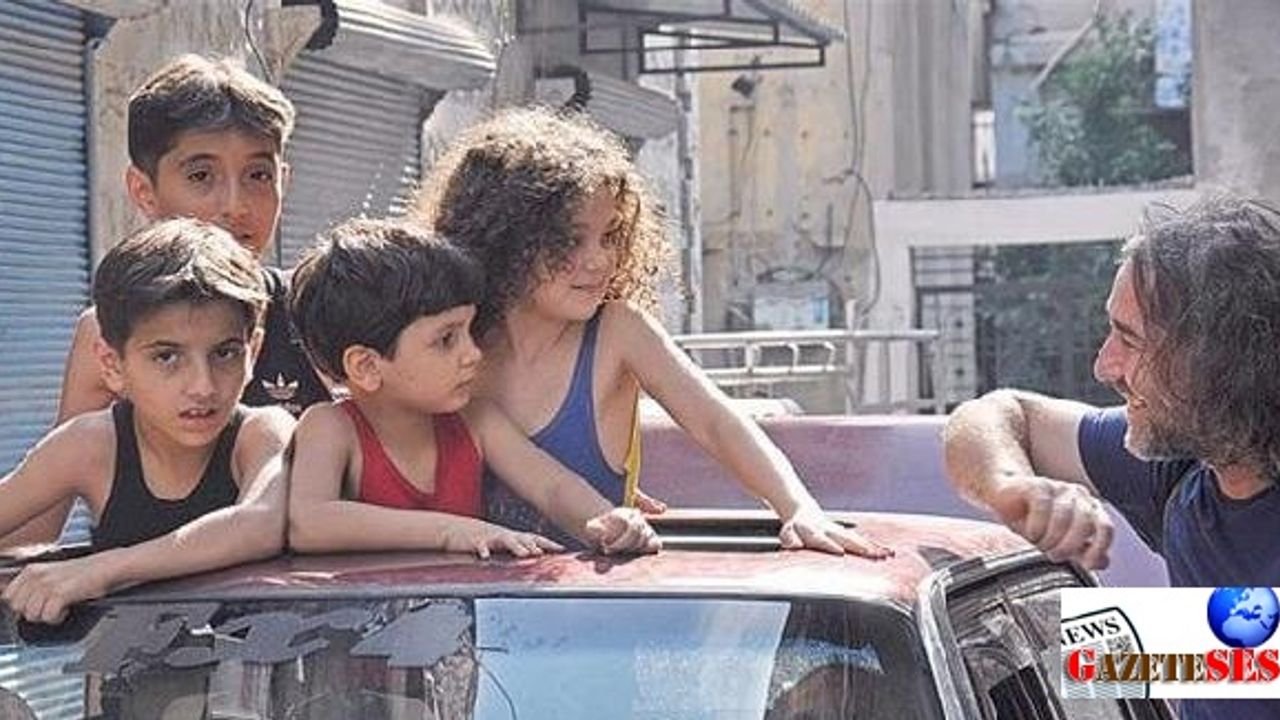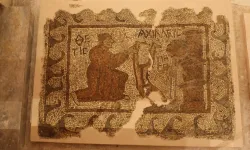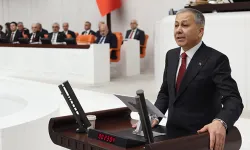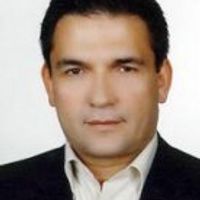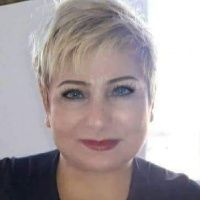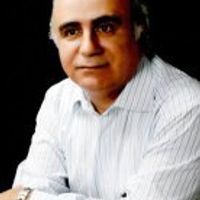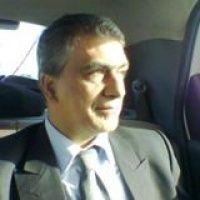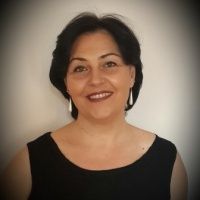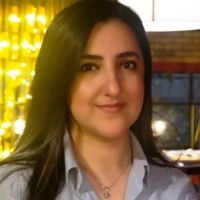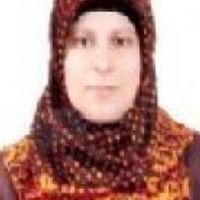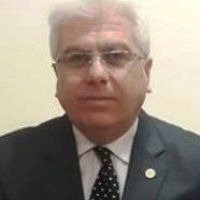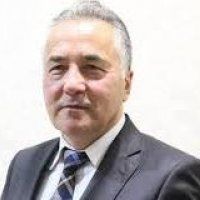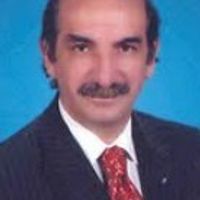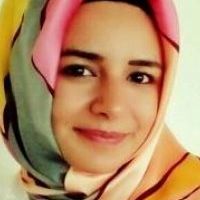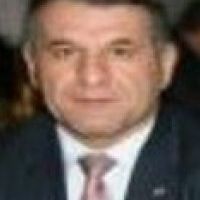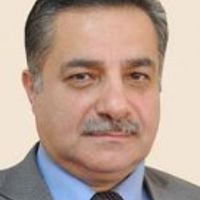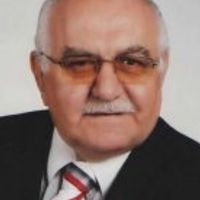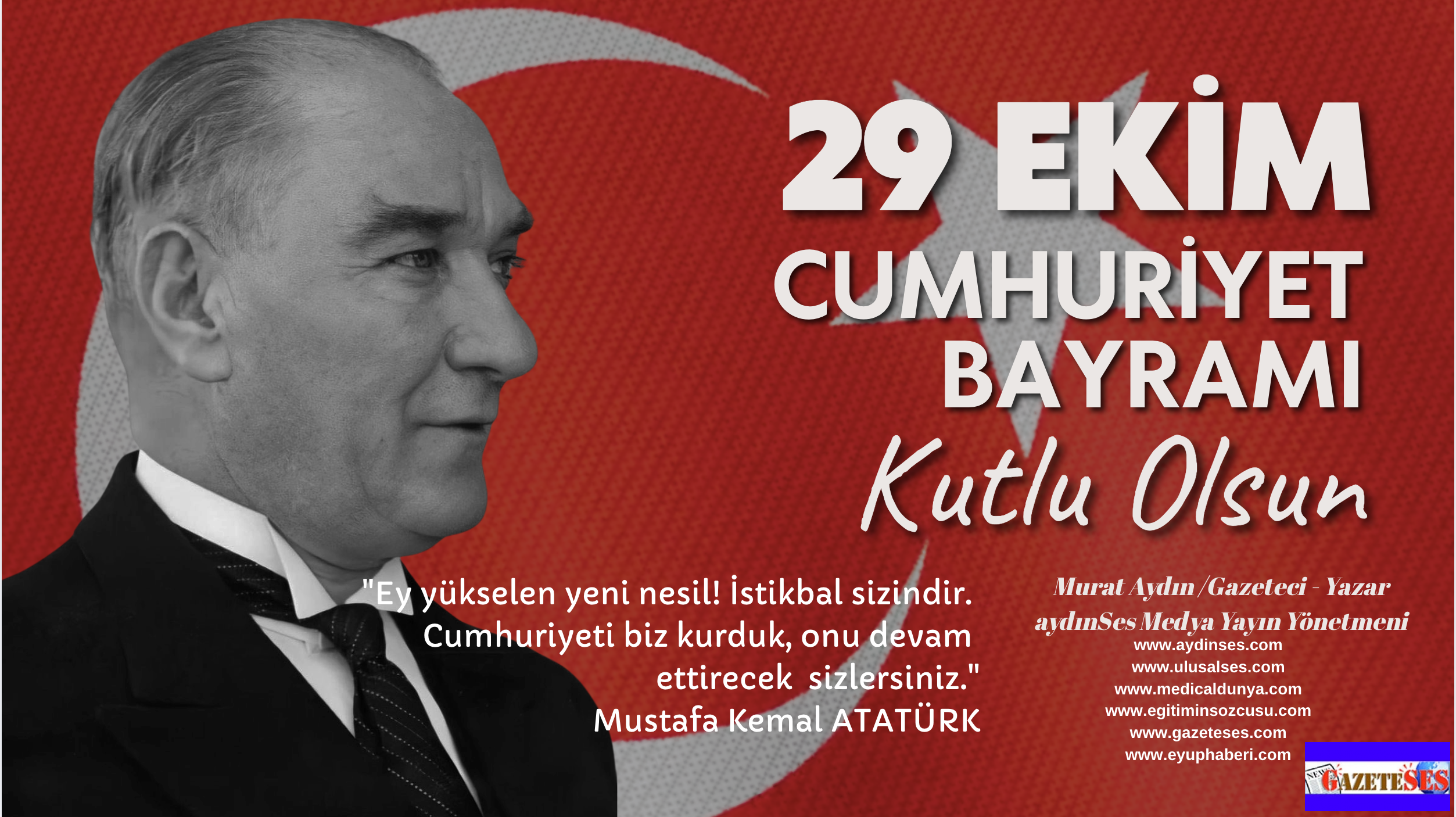Fehim Taştekin - Hürriyet / Damascus, Aug 6 () - Away from the front lines, another Syria still lives, featuring wedding parties and people strolling the streets – even if the reminders of death and fighting are never very far away.
Following an invitation from the Syrian Information Ministry, we were recently able to visit parts of Syria where the Bashar al-Assad government rules, such as crucial cities like Damascus, Aleppo, Tartus and Latakia. We were able to observe daily life which ran its usual course if you did not count the rockets the opposition fires from rural districts.
The state seems to be functioning in order; salaries are paid, the municipality is working. In well-lit Damascus, I was able to see the People’s Palace, but al-Assad does not live in his palace; he lives in his own house in a nearby neighborhood. There are checkpoints on roads, but not to an annoying extent.
Because of the heat, the streets are empty and many stores are closed. Shop shutters are painted in the red, white and black, two-starred Syrian flag as sensitivity about the flag peaked after the opposition released its Syrian flag.
A newspaper kiosk owner complained about low sales and a perfumery was short of quality products. At the pastry shop “Gemini,” there was a Bashar al-Assad portrait, with “we are with you” written on it. I saw this poster in many shops.
An intellectual-looking man in a restaurant told me, “It is up to the Syrians whether al-Assad should go or not. If he leaves at this stage, then the army would dissolve and terror organizations will threaten not only Syria but also Turkey and Jordan.”
There are photos of “martyrs” on many buildings in Damascus. The radio and television building has a giant board with the pictures of 25 of its journalists who have died.
Despite this pain, people cling on to life. I came across a wedding party every evening at Dama Rose. Despite the hardships, live music can be heard from venues while strolling the streets. Syrians live joy and death at the same time.
On my fourth night at Damascus, silence was broken. A bombardment of the rural Jobar woke me up, as did a rocket fired by the opposition.
(Photo)
